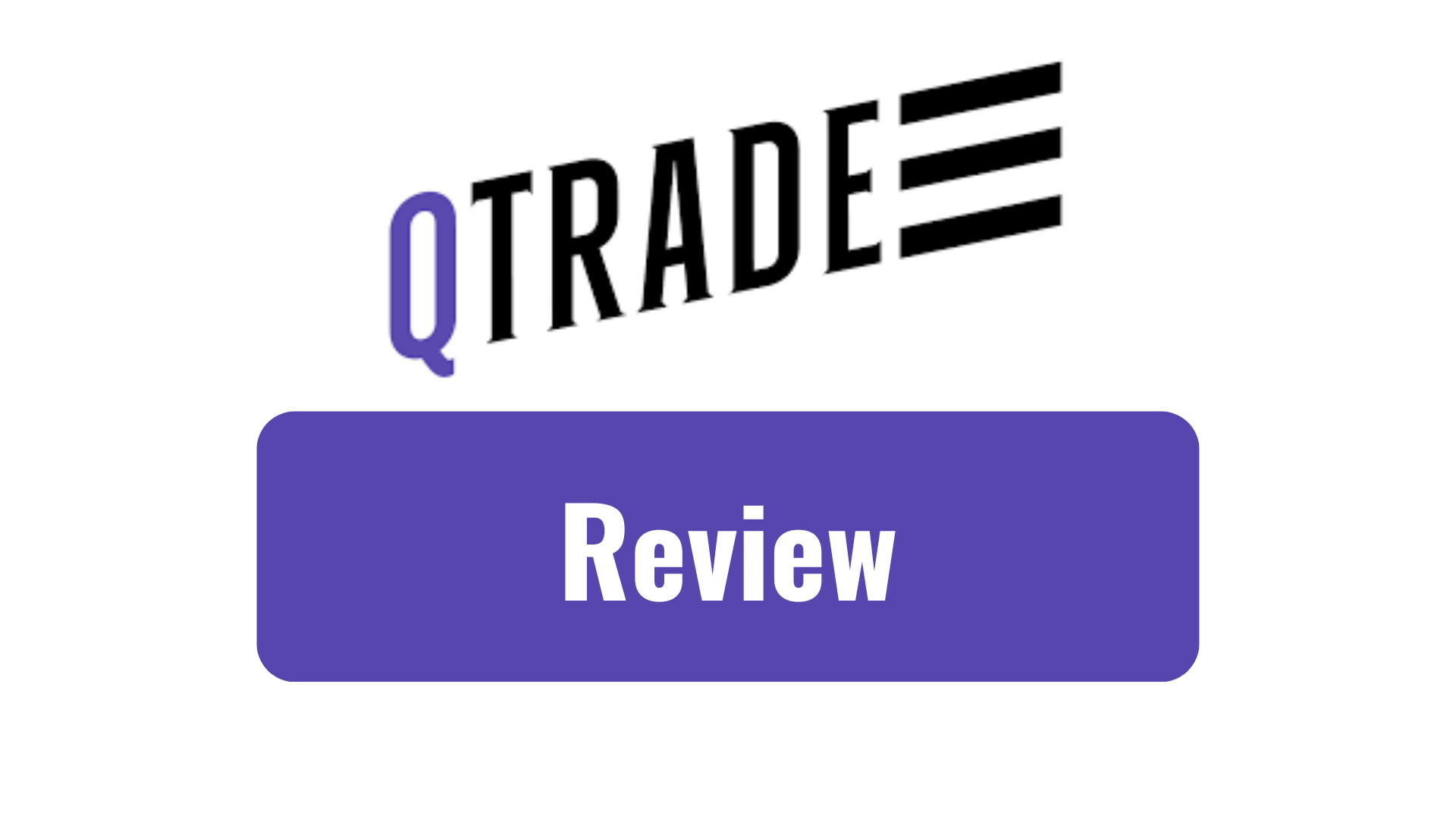By Edmond Phiri
Karyn Maughan, a News24 ‘journalist’, shares several striking similarities with Leni Riefenstahl, whose contributions to cinema were inextricably linked with the propaganda machinery of Nazi Germany under Joseph Goebbels.
The boundaries between fair reporting and propaganda in journalism and filmmaking can sometimes become blurred.
Sadly, in her reporting, Maughan has chosen to operate more as a propagandist than a journalist. A close examination of her coverage of the Sekunjalo’s legal battles calls for a deeper analysis of the role media plays in influencing judicial processes. Maughan recently wrote a piece on Sekunjalo aimed at spreading a mischievous narrative and portraying the company as hostile to the judiciary.
Her story titled “Surve targets senior judge after racism claims against Nedbank” highlights the ploy by focusing more on discrediting Sekunjalo’s legitimate complaints than shedding light on the case at hand. The focus of Maughan’s report was a depiction of Sekunjalo’s legitimate legal grievances as an attempt to undermine the judiciary. A portrayal that completely misrepresents the purpose of Sekunjalo’s complaint.
Cut from Goebbels and Riefenstahl’s propaganda playbook, Maughan disregarded the fundamental right of any entity to question and challenge perceived injustices, especially when key issues such as conflicts of interest are at stake. She chose the sewer-laden road of bias and narrative framing to achieve her desired propaganda goal.
The purpose of Maughan’s article and its sensational ‘click-bait’ headline was to create a divide between Sekunjalo, Surve, and the judiciary at a crucial time when their cases are being heard in court. Her target audience seems to be the judiciary itself, aiming to sway their opinion against Sekunjalo. It’s a clever yet underhanded strategy, playing on the fact that judges, being human, do follow the media just like the rest of us.
As a seasoned court reporter, Maughan knows that Sekunjalo and Surve have every right to raise concerns they feel should be addressed by the courts. But, instead of impartially reporting on the Sekunjalo case, she chose to undermine and diminish its significance. Sekunjalo’s pursuit of a fair trial is not about “targeting” judges but a call for fairness in the application of justice.
When you look at a series of articles, the negative and biased reporting seeks to damage the reputation of Surve and his companies. The same negative media coverage, spearheaded by News24 and other outlets, was cited by banks as causing “reputational risk,” justifying the closure of Sekunjalo’s accounts.
Since Sekunjalo acquired Independent Media in 2013, there has been a concerted effort by the mainstream media, especially white-owned media, to tarnish and destroy the group’s and Surve’s reputation.
This campaign of sophisticated propaganda, reminiscent of the apartheid era’s STRATCOM operations, aims to alienate public support and economically sabotage Sekunjalo and its business interests. Maughan’s reporting fits snugly into this agenda.
The campaign against Surve by News24 and the mainstream media, especially white-owned media, has taken a more aggressive turn. In this information war, Karyn Maughan plays a critical role, not as a conventional journalist, but as a propaganda foot soldier. Her coverage of Sekunjalo and Surve is marred by a persistent bias, painting the companies in an unfavourable light at every turn.
Through her series of articles, Maughan has meticulously crafted her narrative to cast a shadow over the Sekunjalo cases, while simultaneously portraying the banks in a supportive role. This strategy is not just about reporting the news; it’s about shaping the public’s perception to fit a specific predetermined agenda.
Her approach mirrors the tactics of Nazi propagandist Riefenstahl, whose work served to promote Nazi ideologies. Maughan uses the News24 platform to propagate predetermined narratives, employing a style that would impress Goebbels even in his grave.
Since joining News24 in 2020, Maughan has focused her career on negatively reporting against prominent black leaders and businessmen while ignoring legal issues affecting white individuals or companies. Her authority as a “Legal reporter,” despite lacking formal legal education, raises questions about the legitimacy of her expertise, especially when pre-judging legal outcomes. She sometimes behaves like the legal version of “Dr Matthew Lani”, the famous Tiktok “doctor” exposed as a fake.
The responsibilities of journalists extend far beyond the mere dissemination of information, but fighting against propaganda and bias. Maughan should have tread carefully when faced with the fine line that separates objective reporting from narrative manipulation. She chose the low road of behaving like a paid propaganda shill instead of a credible journalist.
Maughan and Riefenstahl are in the same WhatsApp group, cut from the same cloth, although at different historical times. One used film to manipulate public opinion, whilst the other used journalism as a cover for her vile anti-black sophisticated propaganda.
* Edmond Phiri is an independent commentator and analyst.
** The views expressed do not necessarily reflect the views of IOL or Independent Media.
















